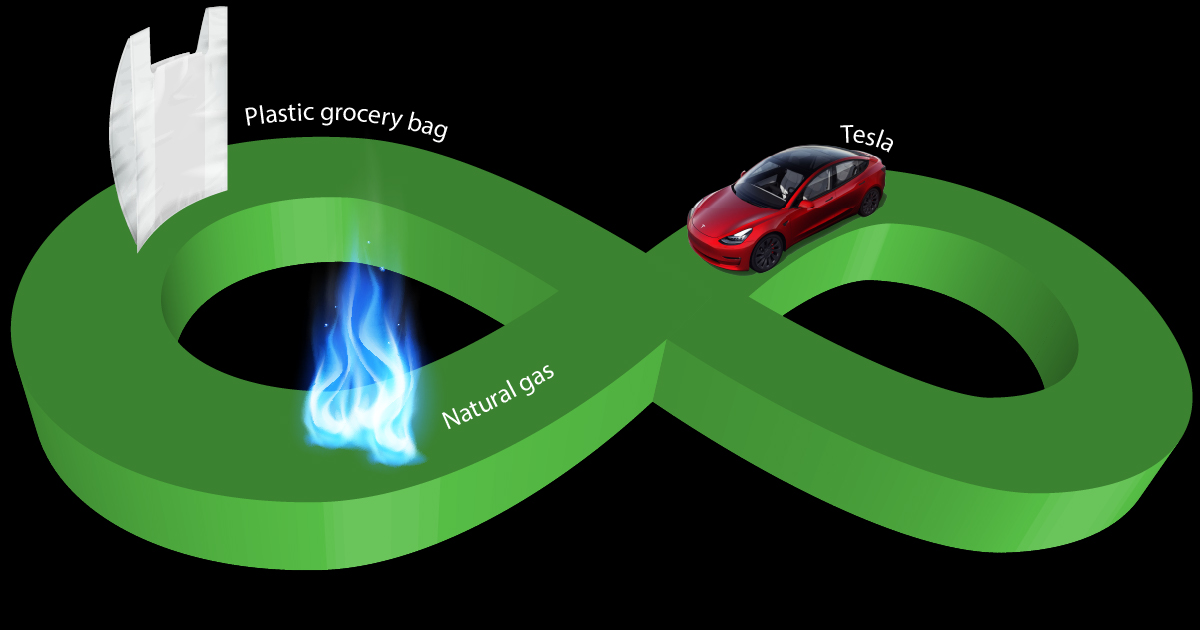The Death and Reincarnation of a Plastic Bag
Plastic bags are a destructive contributor to global warming. How can manufacturers feel good about producing and distributing plastic bags?
Plastic bags have become the stereotypical poster child for the green movement to place the blame. Plastic grocery bags, which are not single use plastic bags, have been blamed for global warming. To most people’s surprise, fishing equipment accounts for around 85% of the pollution in our oceans. Manufacturers understand plastic bags appear as a blight on the landscape because of their light nature and ability to be pushed around by the wind. But the responsibility is on the user.

Recycle
The consumer must ensure the bag gets placed in the proper receptacle after use. When the entire picture is placed into view, manufacturers understand a lightweight plastic bag is more environmentally friendly than any other proposed solution.
Despite their need during COVID-19, single-use plastic bags wreak havoc on the environment, right?
Despite the “utilitarian” player they are, the so-called “single use plastic bag” is not a destructive force polluting our world. Grocery bags that can be used MORE than once have become the scapegoat for the “green” movement. The bag is certainly one of the most familiar items when considering the move to lighter materials. While you may see them blowing down the road in a slight wind, this is a demonstration of their capacity and strength.
The lightweight benefit of the bag is what makes it an earth-friendly item. One tractor-trailer can haul a load of plastic bags that it would take seven tractor trailers to carry the same amount of paper bags. Just think about that for a minute.
Not to mention plastic bags can be recycled almost indefinitely, while paper bags cannot. They can be recycled but the fibers of the wood pulp begin to break down almost immediately and can withstand being recycled only 2-3 times.
The carbon footprint of seven tractor-trailers is what can be expected?
For every single tractor trailer filled with plastic grocery bags you would need to have seven FULL tractor trailers filled with paper grocery bags to equal the same number of bags.

Sustainability
The carbon footprint becomes even smaller because plastic grocery bags can be recycled and end up as any number of parts that you would find in a brand-new Tesla Model S.
Plastic bags reincarnated as a Tesla part?
There are two paths a plastic bag might follow once it has left the consumer’s possession. First, if it is a bag that was manufactured with the right additive, it will biodegrade in a municipal landfill. The additive attracts bacteria that will break the plastic down even in an anaerobic environment.
Secondly, a bag may be recycled into a steering wheel, a cup holder, or part of the door handle in a Tesla automobile.
What about the oil used to produce plastic bags?
Plastic bags are not made from crude oil. They are made from resin pellets which are derived from natural gas when it is “cracked” at the molecular level.
There are several natural organic materials such as cellulose, salt, and few other elements used to make plastics.
Paper or Plastic Bags You Decide
By Roger Throckmorton
Chief Brand Officer
International Plastics in Greenville, SC


Be the first to comment on "From Grocery Bag to Tesla?"